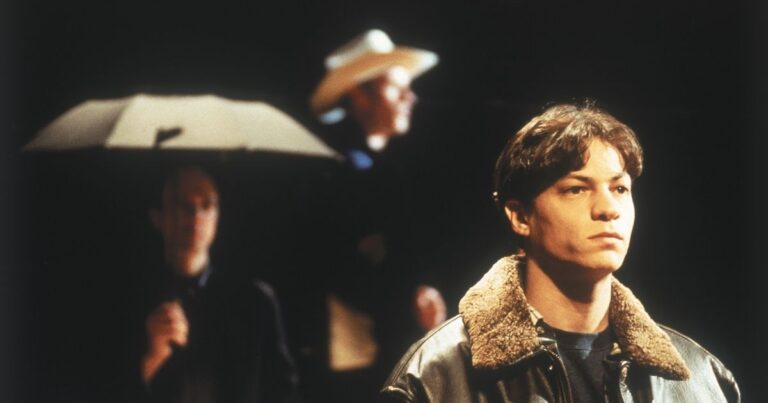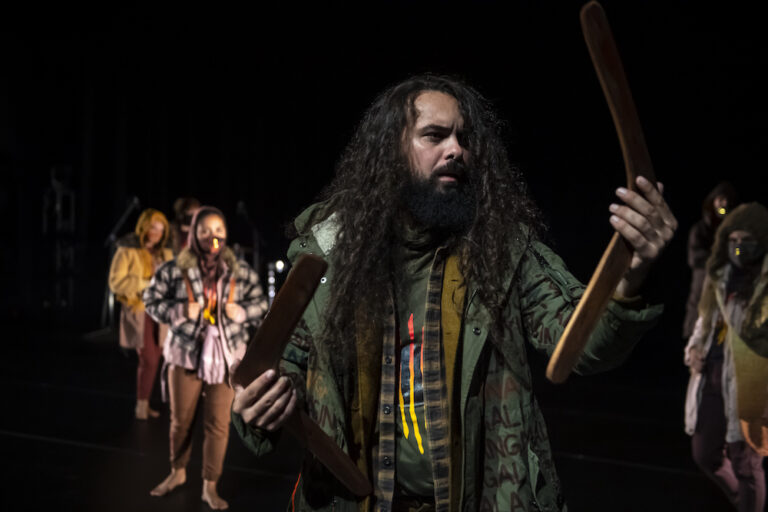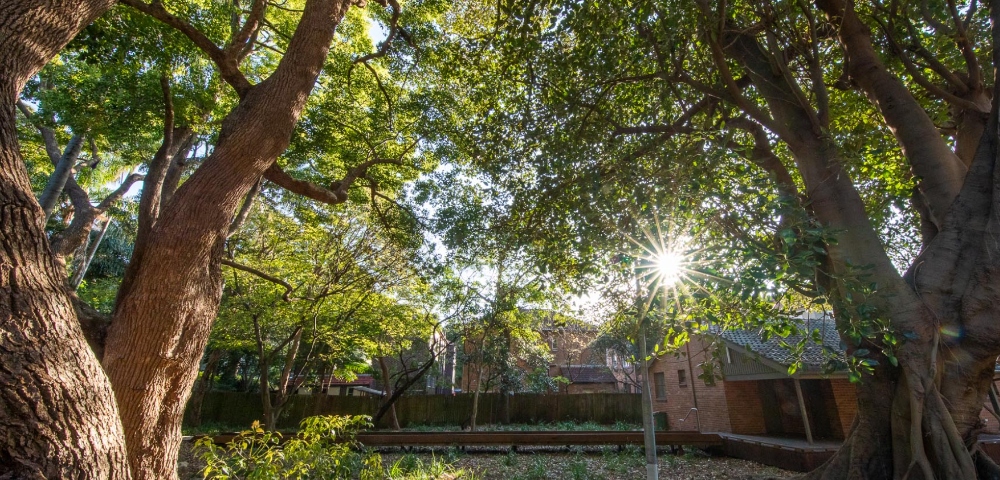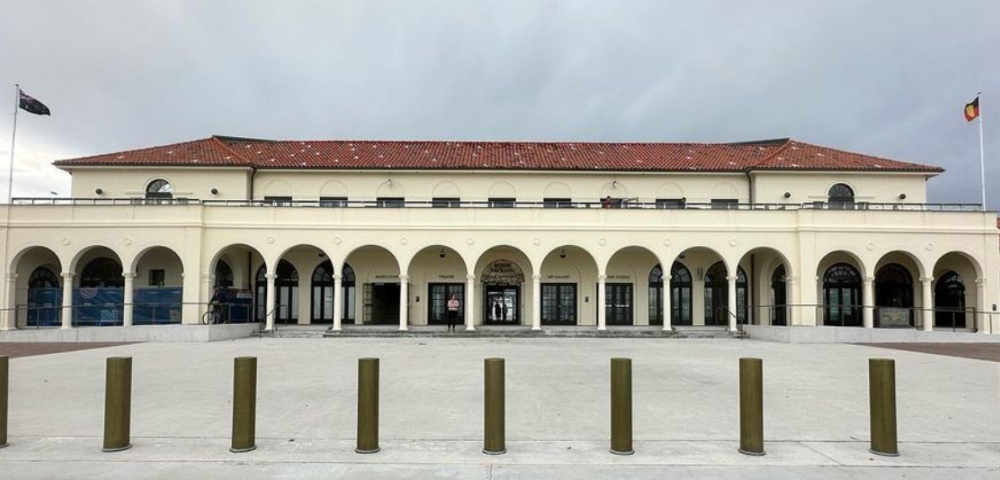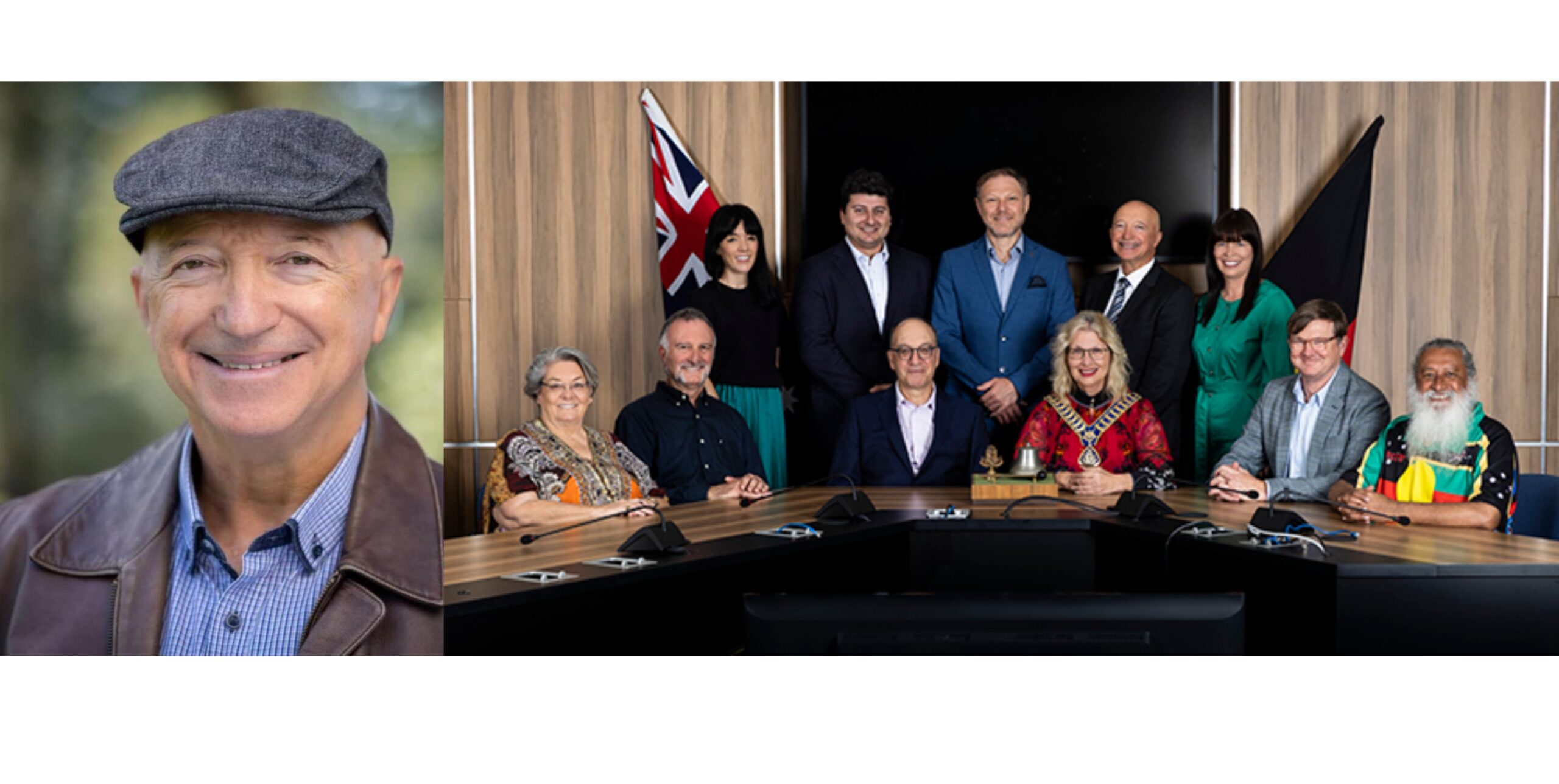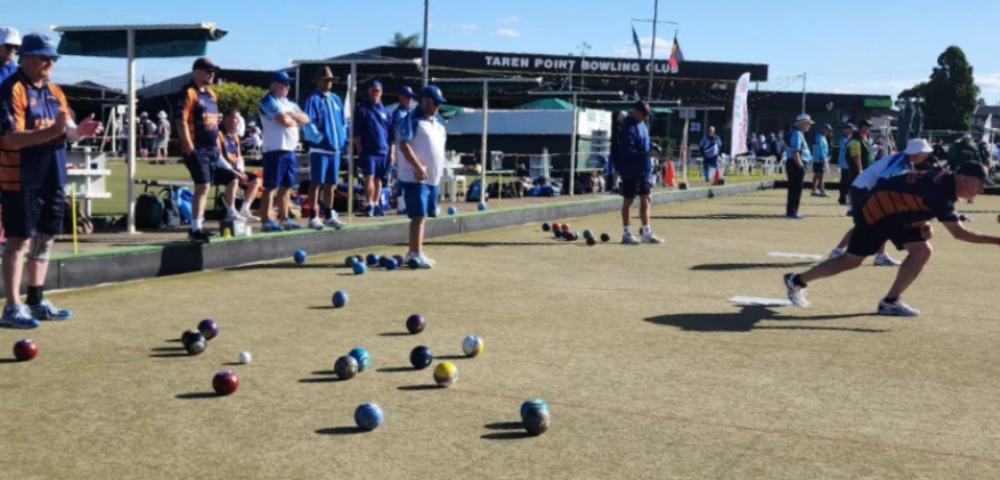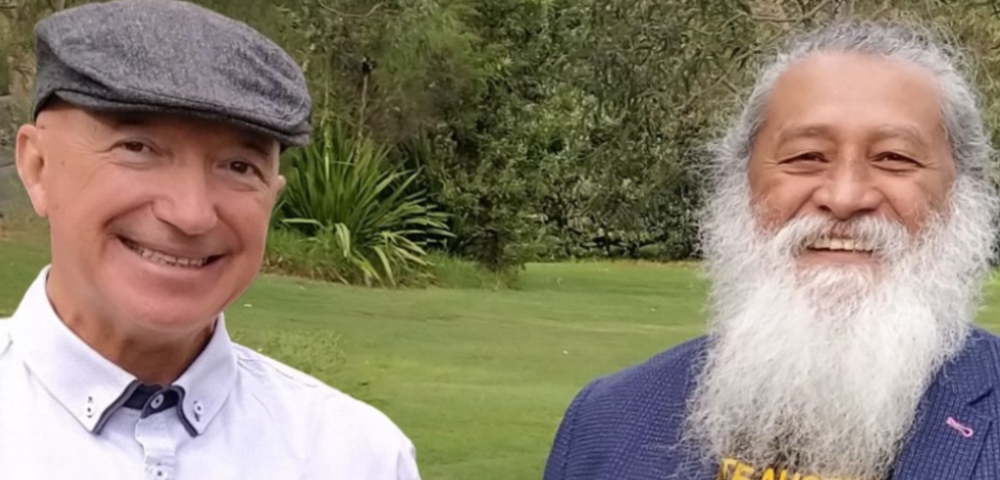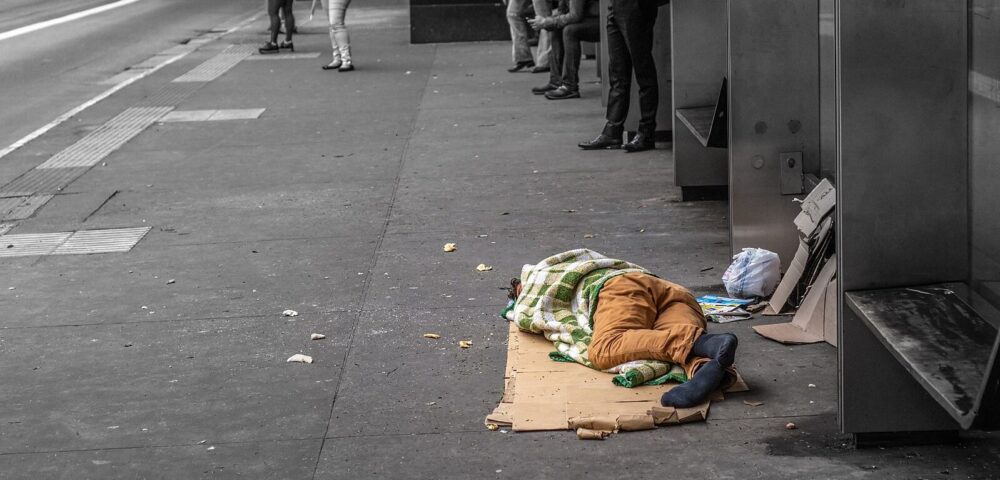
Waverley targets waste

By Linda Hoang
Waverley Council and community groups spent July working together to promote a plastic free future, encouraging a move towards zero waste and sustainable living.
As part of Plastic Free Bondi in July, the groups held documentary film screenings and panels, market stall days and beach clean ups to encourage locals to come together to explore alternatives to single use plastics and work towards zero waste.
The Council initiative, Second Nature, works with local organisations to build community engagement and raise awareness about reducing environmental impact.
Senior Environment Officer, Nicola Saltman, said “We started Second Nature in 2016 at Waverley Council to bring sustainability to life, and create a movement in our community…so they can take action in their day to day lives to look after this awesome place we call home.”
Ms Saltman said the initiative, which has close to 2500 participants, was created after undertaking social research in the community and analysing the results to find a way to meet the community targets set in Waverley’s Environmental Strategy.
“Our face-to-face outreach continues to raise awareness on sustainability issues, solutions and drive participation in programs and events,” she said.
She said Second Nature addresses the problem of the public’s low awareness of Council programs and environmental targets, adding that while residents believed looking after the environment is a shared responsibility, they were previously not clear about what to do or how to get involved.
Ms Saltman believes the community’s shared love of the area’s lifestyle and natural environment and feeling of connection to the land has helped them engage with the scheme.
“There’s consistent and targeted communication and engagement to support positive behaviour change in areas of waste, energy, water, transport and urban ecology within the community,” she said.
Local group Transition Bondi issues a different challenge to its members each month to offer insight into a more sustainable lifestyle.
Founder of Transition Bondi, Lance Lieber, said “Every July we encourage people to go without buying any single use or disposable plastic for the month.”
“It’s based on the idea that it takes a month to change a habit and if we all do it together as a community and we get through the first month people often stick to those habits,” he added.
The group works with Second Nature focussing on the shared goal of reducing environmental impact by transitioning from a fossil fuel dependent economy to a community driven and sustainable model.
Mr Lieber said “We have monthly film and feast events where we watch a documentary and do a community cook-up.
“We order veggies from an organisation that sources produce from within 150 kilometres of Sydney and part of the experience is learning how to use seasonal produce like this to reduce impact,” he said.
“We also have a community garden where we run workshops and educate people about organic pest management, composting, growing food and beekeeping.”
Greenpeace Australia-Pacific is asking citizens to help collect data to find the source of the debris on beaches.
Plastic Free Bronte Member and Greenpeace volunteer, Eva Brennan, said “This project is an initiative asking ordinary people to collect data on the debris they pick up along the beach.
“We’re asking what brands of plastic wrapping people find are polluting our beaches,” she said.
The group will use the data to determine which brands are the worst culprits of plastic pollution and target them for action.
“Individual plastic waste is a big problem, but we need to hold companies accountable for the way they choose to wrap and serve their products,” Ms Brennan said.
Responsible Runners is a group founded as an offshoot of Transition Bondi in 2012.
Members collect washed up debris and the other litter they find at the beach as they run.
The group has 15 chapters across Australia, one in Kenya and one in the Netherlands and also runs other initiatives.
Creative Director of Responsible Runners, Eva Kiss, said “Our most effective initiative to date has been Responsible Cafes, which asks cafes to reduce their plastic consumption starting with takeaway coffee cups.”
Cafes are encouraged to give customers who bring their own cup a discount adding a tangible incentive to reusing resources.
Ms Kiss said over 4000 cafes have signed on to the program, potentially saving millions of takeaway cups from entering landfill. Asked what advice she would give others trying to encourage similar initiatives in their communities Ms Brennan said “Having personally been working towards zero-
waste since 2015, I think going zero waste is really effective in starting a conversation.
“We can start by setting an example about easy adjustments to make to eliminate our plastic consumption,” she said.
Ms Kiss said, “The best advice I could give to local communities is to refuse the single-use lifestyle, stop the consumption at the source and start campaigns that promote reusable culture like Boomerang bags, mug libraries at local markets, Responsible Cafes and repair stores.”
Waverley Council’s Environmental Action Plan sets targets to reduce greenhouse gas emissions, prepare for climate change and improve sustainable waste management and recycling by 2030.
Ms Saltman said “Everyone can make a difference in one way or another, and every action can count no matter how small or big.
“Grassroots actions at an individual level at home and at work are part of a solution to make a brighter future for all.”
